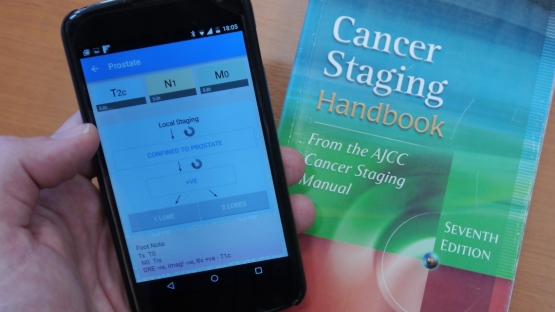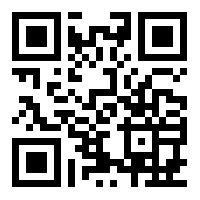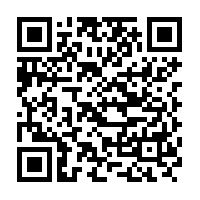Identifying the stage of cancer quickly and accurately will become easier for health care professionals in developing countries, thanks to an IAEA-developed smartphone app launched today.
Staging cancer is a complex process, involving the integration of the results of a wide range of tests. Based on this diagnosis, physicians decide on whether surgery, radiotherapy, chemotherapy or any other form of treatment is most appropriate.
Reflecting the IAEA’s commitment to building capacities in human health through its Technical Cooperation Programme, the new smartphone app, available for iPhone and Android devices, will “enable cancer staging to be accessible, easy-to-use, and will be absolutely free of charge,” said Najat Mokhtar, Director for Asia and the Pacific at the IAEA’s Department of Technical Cooperation.
Typically expressed in stages ranging from one to four, with several sub-stages, the cancer staging system provides a common language for doctors and facilitates in the development of a treatment plan. The staging system, called TNM, uses the size and location of the tumour (T), whether cancer cells have spread to the lymph nodes (N), and whether the tumour has spread to other parts of the body (metastasis or M). There is a complex system to determine each of these variables particularly when the main tumour and its spread are evaluated in the entire body.
“This information will now be at their fingertips, much easier to use through this interactive application,” said Ravi Kashyap, a diagnostic radiologist at the IAEA. The app will be operational offline as well, so doctors will be able to use it in remote locations without internet access, he added.
While physicians in developed countries have had access to handbooks and sometimes computerized staging tools for years, health care professionals in many developing countries have until now had to resort to the handbook. “This is a small contribution, but an important step in narrowing the global divide in access to quality cancer care,” Mokhtar said.
From diagnosis through staging to treatment planning: the role of the IAEA
The IAEA contributes to improved cancer management world-wide by assisting Member States in devising comprehensive cancer control programmes, implementing nuclear medicine, radiation oncology and radiology facilities, as well as education and training for medical staff. Invaluable information on the extent of cancer spread can be obtained through nuclear medicine and radiographic imaging like PET/CT scans. Knowledge of the stage of cancer derived based on these results then allows doctors to devise the appropriate plan of treatment. The new staging app is a reflection of the use of technology to facilitate the dissemination of information to support cancer management world-wide, said May Abdel Wahab, Director of the IAEA’s Division of Human Health, adding that access to radiation medicine for early detection, diagnosis and treatment is a key step towards cancer management, an area in which the IAEA plays a pivotal role.
The app was developed by IAEA in collaboration with the Tata Memorial Centre under the Government of India’s Department of Atomic Energy and supported by the IAEA Technical Cooperation/Regional Cooperative Agreement project ‘Improving Cancer Management Through Strengthening the Computed Tomography Cancer Staging Process.’






